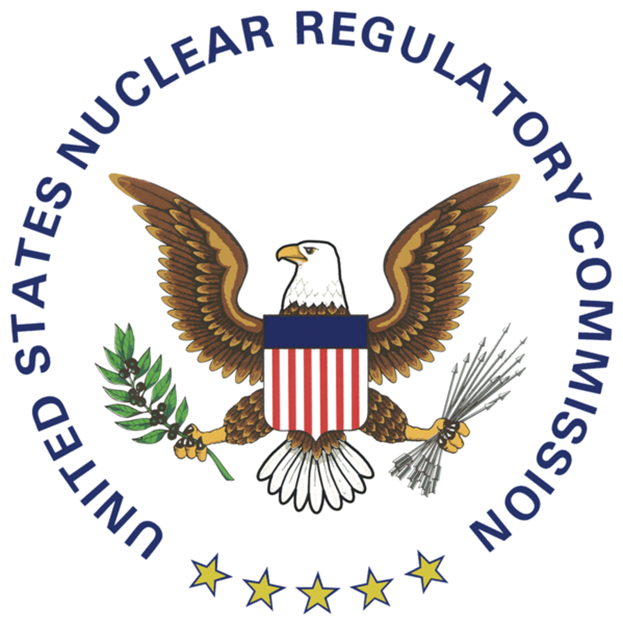Nuclear Reactors 669 - U.S. Nuclear Industry Pressuring Congress To Relax Nuclear Regulation - Part 2 of 2 Parts
Part 2 of 2 Parts (Please read Part 1 first)
The horrible nuclear disaster at Fukushima, Japan in March of 2011 prompted a lot of countries including the U.S. to reconsider their regulations directed at earthquake and flood preparedness. Following a tsunami triggered by a massive undersea earthquake, flooding of emergency generators led to explosions and meltdowns in three of the six nuclear power reactors at the Fukushima nuclear power plant. To this day, large areas of land and water are contaminated with nuclear materials and evacuated villages are still empty eight years later.
The NRC released a draft version of a rule in 2016 that required all nuclear power plant owners to reassess all flood and earthquake risks for the sites of their reactors. Following the reassessment, the plant owners were then required to implement new safety measures that were suggested by the reassessment.
By January of 2019, commissioners appointed by President Trump held a majority on the NRC. This version of the commission approved a final draft of the new rule that made the call for new safety measures voluntary. This means that the nuclear power plant operators would still be required to make the reassessment but that they would be able to decide for themselves whether or not to implement any suggested changes to improve the safety at their plants.
In addition to making safety changes voluntary, the U.S. nuclear industry has also been pressuring the NRC to reduce the number of mandatory safety inspections and to rely on the plant operators to monitory themselves. The Associated Press recently reported that it appears that the Trump NRC is “listening” to these requests and taking them seriously. The AP said that “Annie Caputo, a former nuclear-energy lobbyist now serving as one of four board members appointed or reappointed by President Donald Trump, told an industry meeting this week that she was ‘open to self-assessments’ by nuclear plant operators, who are proposing that self-reporting by operators take the place of some NRC inspections.”
It is obvious that self-regulation would appeal to U.S. companies. It costs a lot of money to monitor private businesses to prevent them from injuring or killing people in their never-ending quest for more profit. Going back to the Boeing 737 Max situation, NPR reported that an estimated two billion tax dollars and ten thousand new federal employees would be required for the federal government itself to properly certify new airplanes. This could be done but the FAA budget of about eighteen billion would have to be increased by ten percent and their workforce of thirty-five thousand would have to be increased by almost thirty percent.
Unfortunately, private U.S. companies have been caught cheating, lying and ignoring government regulations and laws in order to boost their profits when they were allowed to self-regulate. Millions of U.S. citizens have lost homes because of the abuse of laws and regulations by private companies. Thousands of people have gotten sick. Hundreds of people have died. The Trump administration is working hard to remove many regulations that directly affect the health, well-being and fortunes of millions of people in this country. It will take years to repair the damage that has been and is being done to the proper role of government in insuring in the proper behavior of private companies.
